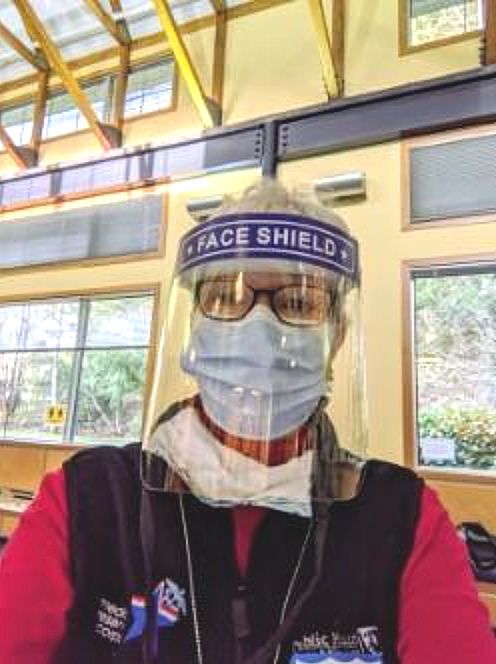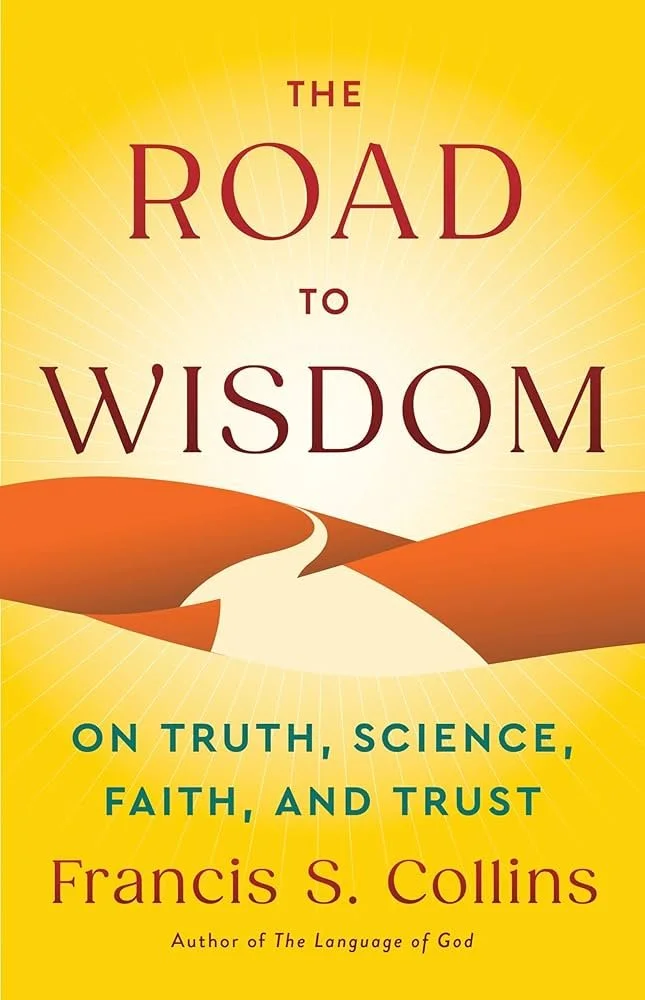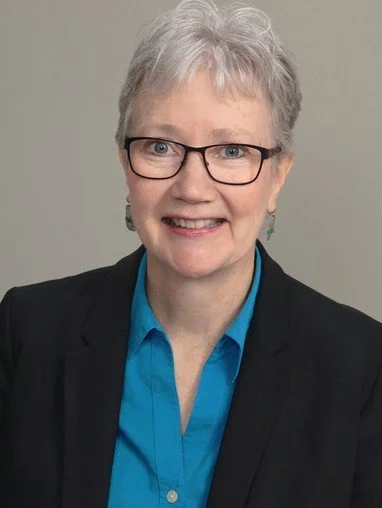Religious Expression in a Free Democracy
Freedom to Express–And What about Science or Propaganda?
by Bonnie Bowie, PhD, MBA, RN, FAAN
The United States Constitution ensures the right to express one’s views and to practice one’s religion without fear of persecution. However, there are times in the past 250 years when these unalienable rights no longer seem certain.
Due to the Immigration and Nationality Act (1965), the United States is the most diverse it has ever been in terms of race and religion. Still, we witness a concerted effort by what is often referred to as White Christian Nationalism, to move the country toward a narrow form of Christianity that has no room for diverse views, people, or religious beliefs (Alberta, 2023).
In addition, this movement has brought into question for many people whether long-held scientific premises, such as vaccinations, food, and water safety and global warming are conspiracy theories while discounting long-standing rigorous and evidence based research studies that clarify otherwise.
In the United States, Scientists and health care providers are traditionally well respected and revered; however, this landscape has shifted considerably over the last ten years, most notably during the COVID-19 pandemic, when many Americans not only thought the pandemic was an elaborate hoax, but refused to comply with Centers for Disease Control and Prevention (CDC) recommendations such as the wearing of masks, physical distancing, and vaccinations.
Image: Dr. Bonnie Bowie during the COVID-19 Pandemic midst of first wave of vaccination.
During the pandemic, I vaccinated hundreds of people with the then-new mRNA COVID-19 vaccine, and the vast majority were extremely grateful. Early on, an elderly man asked me how it felt to be saving lives that day and I replied, “it feels great”. He replied, “Well, I want to thank you for saving my life today”, and we both became tearful. But I was also yelled at and spit upon by protesters as I walked into the vaccination center in my scrubs.
I am a Registered Nurse with 48 years in the field, and am extremely proud of my profession. Registered Nurses have been voted the most trusted profession for the past 23 years. I am also a research scientist and am particularly proud of the contributions my colleagues around the world make to enhance population health over the past several decades.
And yet, like my colleagues, I am stunned by the lack of trust many people now have in evidence-based medicine, or the integration of the best available research studies and clinical expertise when designing treatment protocols and approaches to population health. This lack of trust and undermining of best practices was most visible during the COVID-19 pandemic when Dr. Anthony Fauci, then Director of the National Institute of Allergy and Infectious Disease, was treated with both suspicion and disdain during his leadership tenure.
It is not the freedom to speak out without repercussions that is most worrisome to me. What concerns me is a form of free speech driven by suspicion and misinformation, which leads to the erosion of a public consensus on truth and respect for evidence-based science. Over the past few years, I have watched established scientific facts, such as the acceleration of warming of the planet, or that raw milk could contain dangerous pathogens (salmonella, listeria, and E. coli), thrown aside in favor of non-evidence based opinions parading as truths. And, as these unproven opinions are continuously repeated in the United States, people accept these as facts, even though there is more than sufficient scientific evidence to the contrary.
In his book, The Road to Wisdom, Dr. Francis Collins proposes six categories of untruth: ignorance, falsehood, lies, delusion, bullshit, and propaganda. Of course, as humans, we all get entangled in falsehoods and perhaps contribute to the bullshit at times. Sometimes people are motivated to use falsehoods to save face and other times to protect the feelings of others. However, the systematic spread of unproven truth claims may be free speech, but it is also propaganda that spreads lies and distortions intended to sway a population toward a particular political cause or partisan viewpoint.
Healthy free speech in a democracy seeks dialogue in a nation that values dissent. Propaganda does not hold space for competing views, interprets dissent as unfaithfulness or disloyalty, and undermines actual truths by attacking them.
A good example of propaganda in the US Government is a repeated assertion that vaccinations are not safe for children. No, not true. There is not only a copious amount of scientific evidence establishing the efficacy and safety of all vaccinations recommended for children, but the serious risks of forgoing vaccinations is evident in outbreaks of measles cases in the US, with subsequent morbidity and mortality for children.
How, then, can we address the waves of propaganda that are so prevalent in these unprecedented times? I consider myself fortunate to be a professor at a Jesuit university, where critical thinking is a foundation for our approach to education. Engaging students in the process of analyzing evidence, both pros and cons, to come to an informed conclusion, is an essential tool for discernment throughout life. Students at my university are encouraged to analyze and evaluate sources of information as they create their own arguments.
Even as this is true, freedom of expression in the United States endows us with a moral responsibility. We must acquire and cultivate the skills to build bridges that communicate across divides, with those whose opinions differ from our own.
Author Monica Guzman, in her 2022 book – I Never Thought of It That Way: How to Have Curious Conversations in Dangerously Divided Times – has several useful suggestions for closing this communication gap. Be curious of others; ask yourself what information you are missing, seek to understand the other perspective, and strive to achieve an INTOIT (I never thought of it that way!) moment.
Until we can engage others in productive discourse around important issues by which we can listen with curiosity, we will not be able to erode the arguments that fuel propaganda. The current divisions in our country are disheartening, but I believe they can be addressed through effective communication and by also realizing anew the central importance of scientific evidence, and the difference between what we know through evidence and what we assert from hopeful speculation, but which may harm us instead. Truth, while strained at times, remains our most valuable instrument. Our means of getting there includes free expression through discussion and dissent, with a focus on the well-being of our country, and the care of our shared future.
Header Photo: Elena Mozhvilo on Unsplash




